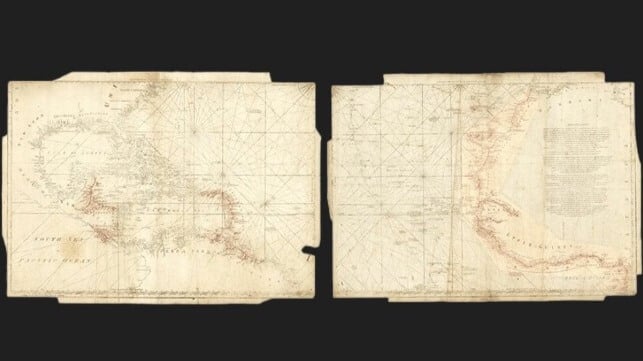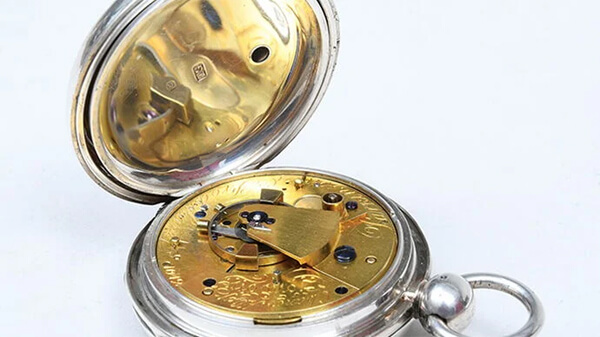UK Bans Export of Historic Charts and Chronometer to Protect Heritage

The United Kingdom is taking action to preserve its rich maritime history by stopping a collection of nautical charts, including some that were drawn by famed British navigator and explorer Captain James Cook, from leaving the country. The UK government placed an export bar, temporarily stopping the sale of the collection of nautical charts dating back to the late 18th and 19th centuries. The charts and a collection of other artifacts are currently owned by the historic archive of Imray Laurie Norie & Wilson Ltd and are up for sale, valued at £6 million ($8 million).
In placing the export bar, the government is hoping to allow time for a UK museum or institution to acquire the collection. It said this would ensure the extraordinary collection that forms part of Britain’s historic rise to a maritime superpower continues to be preserved in the country. The goal is to ensure they remain an important source of knowledge relating to the country’s commercial chart making at its prime.
The collection spans over 200 working charts, rare maritime atlases in their original “blueback” bindings, and unique artifacts, including a copper plate for an original chart by explorer Cook. Captain Cook is credited with drawing some of the charts that were printed using copper plate etchings, and which guided his navigation in his three important voyages of exploration to the Pacific and Southern Oceans.

Pocket chronometer that travelled on the second voyage of HMS Beagle from 1831 to 1836 (Arts Council England)
Currently under the custody of Imray, the charts form the largest surviving archive documenting the work of early commercial chart-making. Apart from the nautical charts, it also includes a chair believed to have been used by Lord Nelson, the British naval commander who became a national hero for his naval victories against the French during the Napoleonic Wars.
“This extraordinary collection helps us better understand Britain’s transformation into a global maritime power,” said Sir Chris Bryant, Arts Minister. “I hope that a museum or institution can come forward to help secure this collection for future generations so that researchers and the public can learn about this crucial chapter in British history.”
Imray has a history dating back to 1904, having been established when three chart publishing firms merged. Each of the founding companies had a long history going back to the mid-1700s when merchant ships filled the London docklands. The early cartographers, nautical instrument makers, and pilot book publishers worked alongside ships’ captains and crew to produce charts that would be supplied to mariners around the world.

that matters most
Get the latest maritime news delivered to your inbox daily.
Putting a temporary sale of the nautical charts comes just a month after the UK government also put an export ban on another maritime navigation treasure that is also a key piece of the nation’s history. Last month, the government stopped the sale of a , carrying Charles Darwin. The expedition is credited with playing a role in the development of Darwin’s evolutionary theory, having provided him with observations and collections that led to his groundbreaking ideas on evolution by natural selection. The chronometer is valued at £200,000 ($268,810).
The UK government imposed the two export bans based on the recommendation of the Reviewing Committee on the Export of Works of Art and Objects of Cultural Interest. Its role is advising on whether a cultural object intended for export is a national treasure.
